Our much awaited annual event-The Fetal Abnormality Theory Course (FMF UK Approved) made its debut on the digital platform on 6th and 7th Feb,2021.
The course was attended by nearly 250 delegates from all over the country, many of them on their way to get their certificates of competence in the midtrimester fetal scanning.
FMF India team of Rachna Gupta, Akshatha Sharma, Anita Kaul and Rakesh Rai designed, managed and ran the 2 day webinar. GE and astraia software supported the course.
The talks were presented by FMF UK approved renowned senior faculty-Dr Anita Kaul, Dr Prashant Acharya, Dr Gowrishankar Paramsivan, Dr Chinmayee Ratha, Dr Veena Acharya, Dr Tulika Tayal, etc and covered normal and abnormal views in every organ system.
FMF India firmly believes in establishing a standard of care in fetal scanning across the country which will ensure a reduction in paediatric morbidities/disabilities. Going digital has only helped us in reaching out to a larger audience and is a gratifying step in this direction. For more information on upcoming events, become an FMF India member and keep watching the space at fmfindia.in
The attendees will be given a Theory Certificate (by email, in 10 days). The requirements for FMF UK Certificates of Competence (in Fetal abnormalities) are:
- Submitting a logbook of images (as mentioned on the FMF UK website) to anomaly@fetalmedicine.org
- Attending the online Fetal Abnormalities course on FMF UK website.
- Theory Course Certificate
- Clearing the Practical Assessment (with an FMF approved Trainer)-This will be possible only once the logbook of images has been approved by FMF UK.


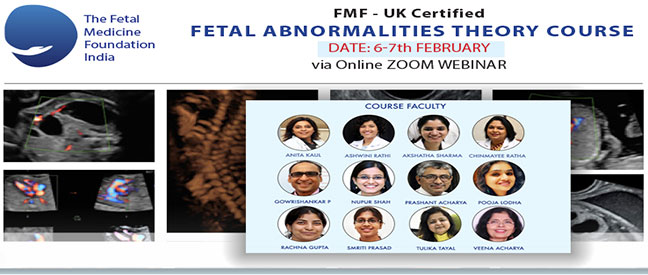
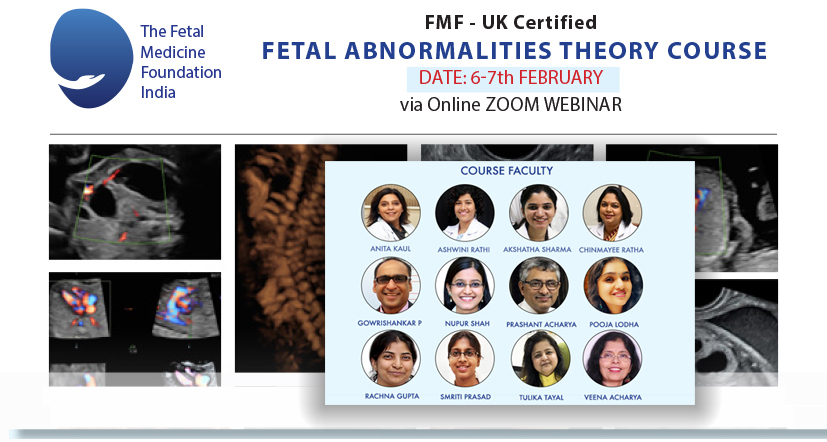
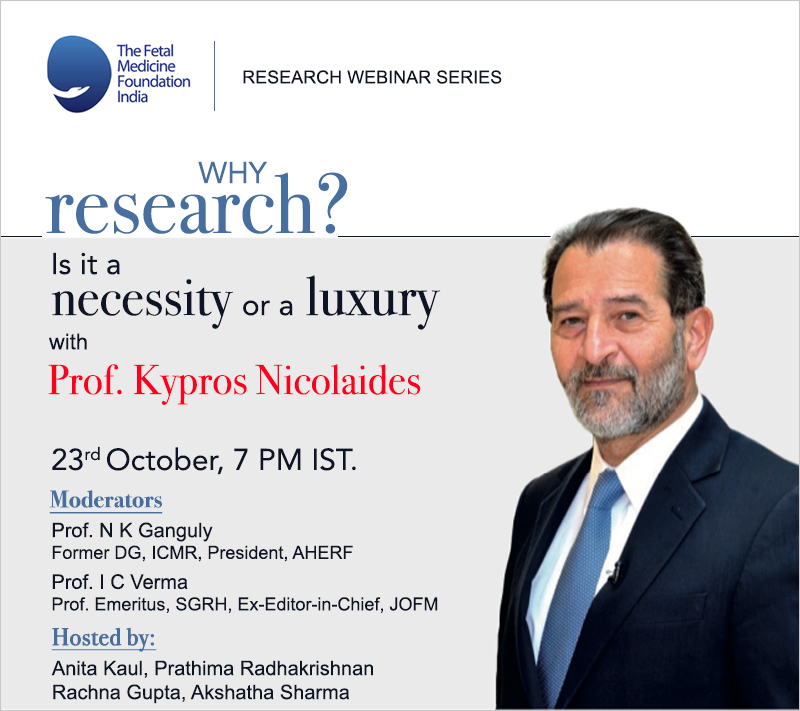
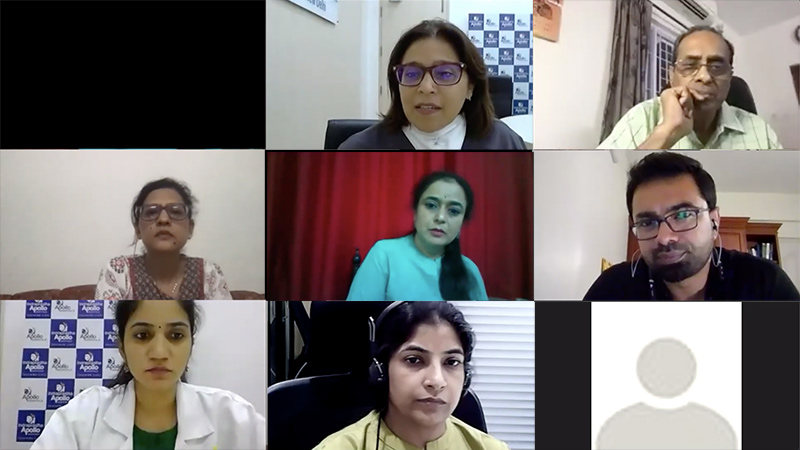
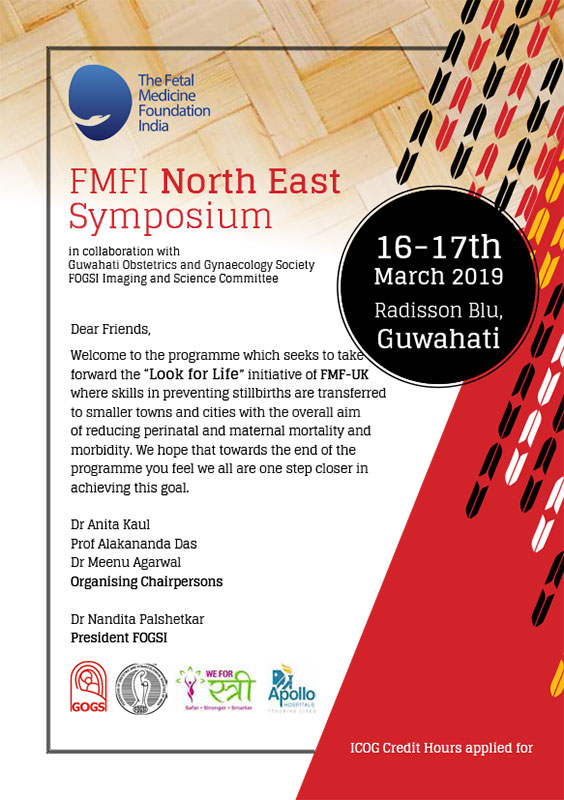
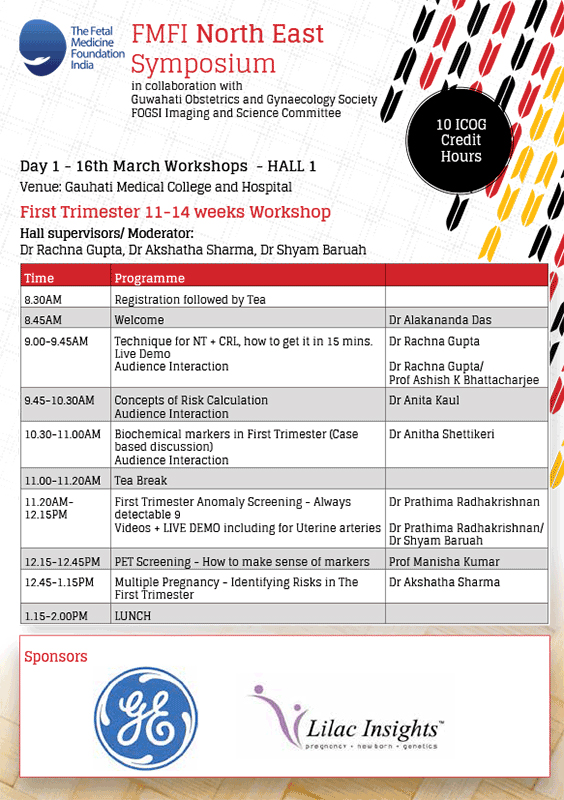
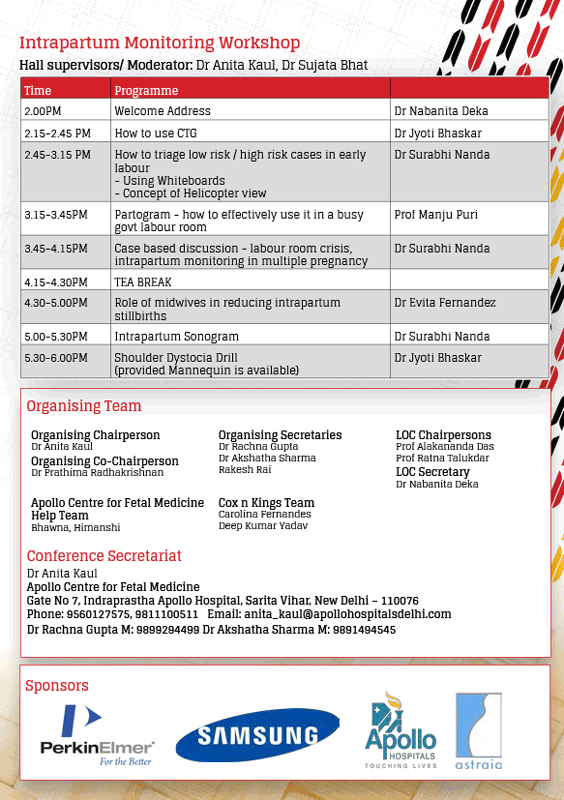
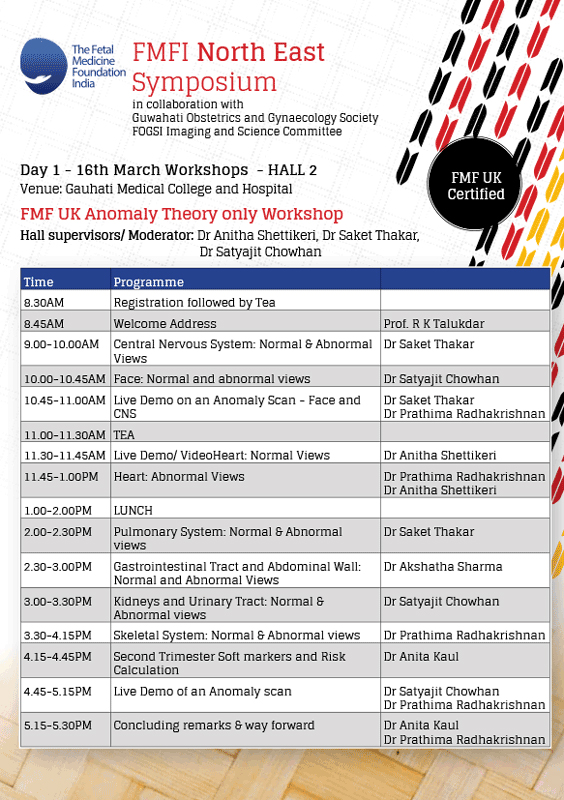
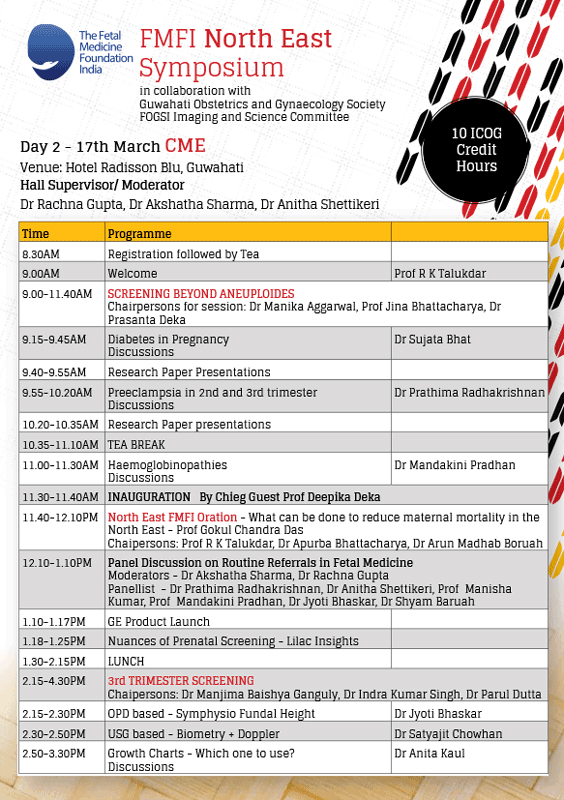
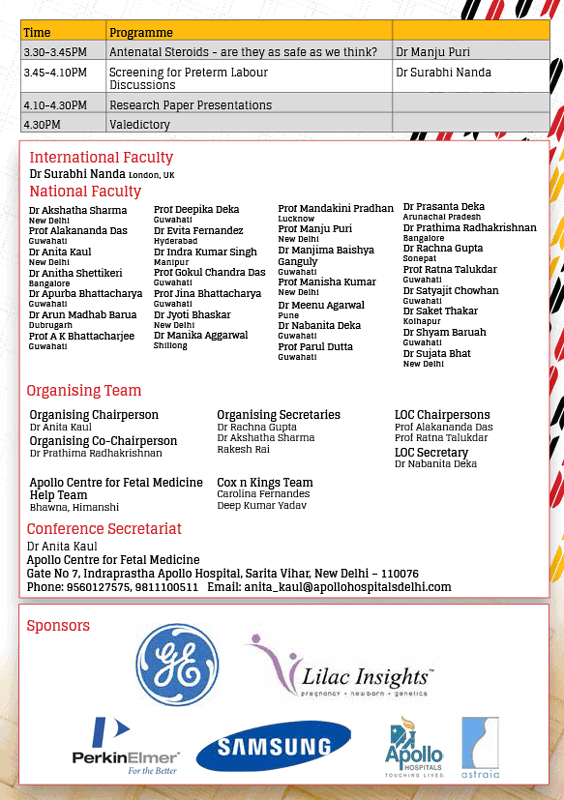



 Dr Anita Kaul
Dr Anita Kaul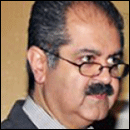 Dr Ashok Khurana
Dr Ashok Khurana Dr B.S Ramamurthy
Dr B.S Ramamurthy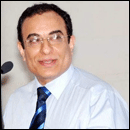 Dr Chander Lulla
Dr Chander Lulla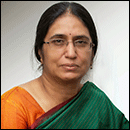 Dr Geeta Kolar
Dr Geeta Kolar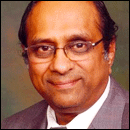 Prof S Suresh
Prof S Suresh